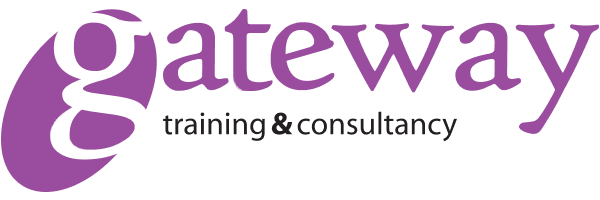This course is a must for anyone who works with Adults at Risk from Harm, and Children or contact with either, the course is based around the “THINK FAMILY” and “Safeguarding is everyone’s responsibility” approach. It is aimed at those who may be involved in the protection process at a higher level and for clinical staff.
Course Benefits Provides a more in-depth training to adult and child protection helping you to recognise potential abuse and know what to do if you believe an individual is at risk.
The course systematically follows the 4 R’s to ensure the learning outcomes are met: - Recognise
Respond
Record
Refer
Learning Outcomes for Adults (those over 18 years): -
-
To be able to identify possible signs of sexual, physical, or emotional abuse or neglect using a person-centred approach.
-
To be able to identify adults experiencing abuse, harm or neglect who have caring responsibilities, for other adults or children and make appropriate referrals.
-
To be able to demonstrate a clear understanding, as appropriate to role, of forensic procedures in adult safeguarding and knowing how to relate these to practice in order to meet clinical and legal requirements as required.
-
Able to undertake, where appropriate, a risk and/or harm assessment.
-
To be able to know how to contribute to and make considered judgements about how to act to safeguard an
adult at risk.
-
To be able to demonstrate an understanding of the issues surrounding suspicion of adult abuse, harm and
neglect and to know how to effectively manage uncertainty and risk.
-
To be able to document concerns in a manner that is appropriate for adult safeguarding protection and legal
processes.
-
To be able to know how to apply the lessons learnt from audit and serious case reviews/ case management
reviews/significant case reviews to improve practice.
-
To be able to know how to advise others on appropriate information sharing.
• To be able to know how to obtain support and help in situations where there are problems requiring further expertise and experience.
Learning Outcomes for Children: -
-
To be able to identify, drawing on professional and clinical expertise, possible signs of sexual, physical, or emotional abuse or neglect including domestic abuse, sexual exploitation, grooming and exploitation to support and/or commit acts of terrorism (known as radicalisation), FGM, modern slavery, gang and electronic media abuse using child and family-focused approach.
-
To understand what constitutes child maltreatment including the effects of carer/ parental behaviour on children and young people.
-
To know how to undertake, where appropriate, a risk and harm assessment.
-
To know how to communicate effectively with children and young people, and to know how to ensure that they
have the opportunity to participate in decisions affecting them as appropriate to their age and ability.
-
To know how to contribute to, and make considered judgements about how to act to safeguard/protect a child
or young person, including escalation as part of this process.
-
To be able to demonstrate an understanding of the issues surrounding misdiagnosis in safeguarding/child
protection.
-
To know how to apply the lessons learnt from audit and serious case reviews/case management
reviews/significant case reviews to improve practice.
-
To know how to obtain support and help in situations where there are problems requiring further expertise and
experience.
Mapped to: -
Safeguarding Adults at Risk
-
The Intercollegiate document Adult Safeguarding: Roles and Competencies for Health Care Staff 2024)
-
-
The Intercollegiate document; safeguarding children and young people: Roles and Competencies for health care staff. Fourth Edition January 2019
-
Working Together to Safeguard Children 2023

